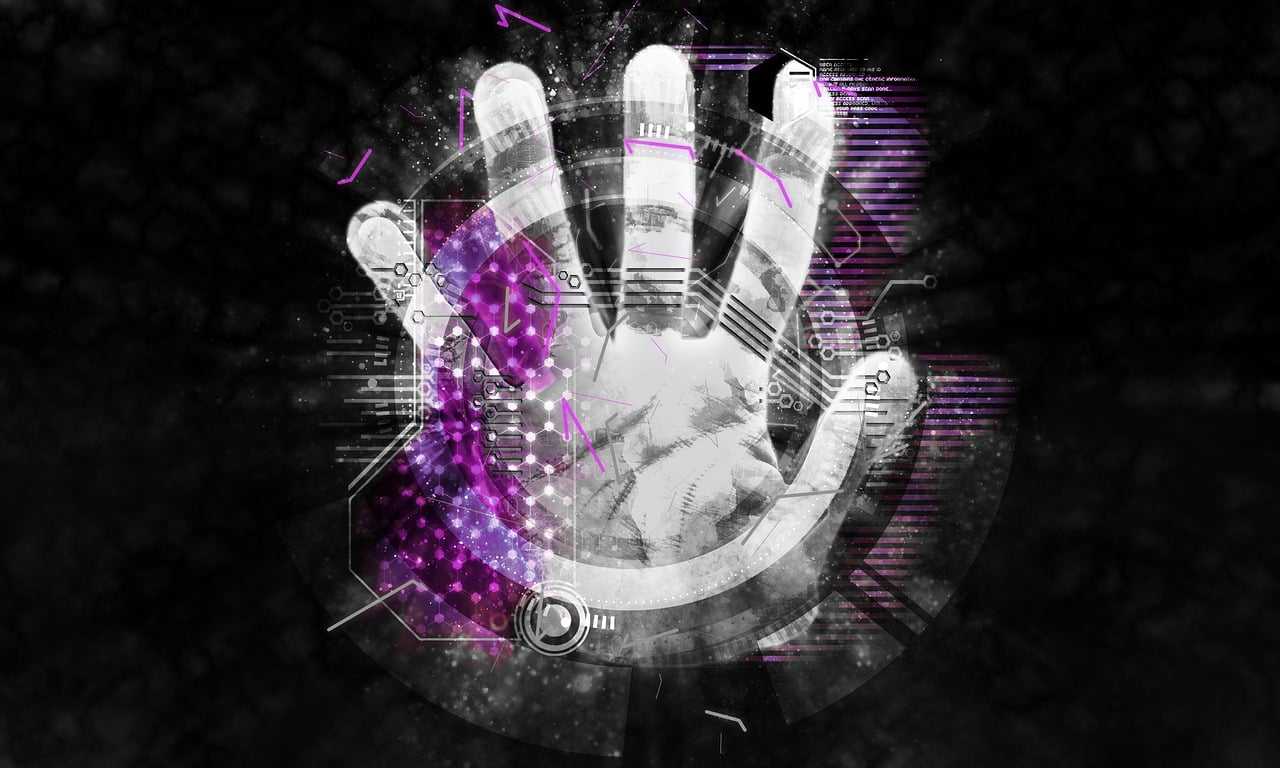How to Protect Yourself from A Cyberattack
To effectively protect themselves from relentless cyberattacks, individuals must proactively implement a multi-layered defense strategy encompassing strong authentication, regular software updates, vigilant awareness of scams, secure online practices, and robust data backup routines.

The headlines are a near-daily drumbeat: another data breach, another ransomware shakedown, another sophisticated phishing campaign snaring unsuspecting victims. Once a concern primarily for corporate boardrooms and government agencies, the threat of cyberattacks has firmly embedded itself into the daily lives of individuals. From the sanctity of personal bank accounts to the treasure trove of data on our smartphones, find out more how the modern citizen is a walking, talking target. Protecting oneself is no longer a matter of if, but an imperative of how.
The financial and emotional toll of a successful cyberattack can be devastating. Identity theft can cripple credit scores and take months, even years, to resolve. Compromised email accounts can become vectors for scams targeting friends and family. And the loss of personal photos or sensitive documents can be an irreplaceable blow. As cybercriminals grow more sophisticated, leveraging artificial intelligence and exploiting the ever-expanding Internet of Things, the defensive posture of the average individual must evolve in kind.
"The attack surface has broadened exponentially," says Dr. Eleanor Vance, a cybersecurity strategist and former government advisor. "Every connected device, every online account, is a potential entry point. The notion that 'it won't happen to me' is a dangerous fallacy. Proactive defense is not just prudent; it's essential for navigating modern life."
So, how does one erect a digital fortress around their personal information? Experts agree it’s about layers of security, a multi-pronged approach that combines technology, vigilance, and common sense.
Passwords and Authentication
It sounds rudimentary, yet password hygiene remains a critical vulnerability for many. The days of using "Password123" or your pet's name across multiple accounts are long gone—or should be.
- Strong, Unique Passwords: Every online account should have a distinct, complex password—a mix of uppercase and lowercase letters, numbers, and symbols. Aim for at least 12-15 characters.
- Password Managers: Memorizing dozens of such passwords is an exercise in futility. Reputable password managers (e.g., Bitwarden, 1Password, LastPass) generate and securely store complex passwords, requiring you only to remember one master password. Many also flag reused or compromised passwords.
- Multi-Factor Authentication (MFA): Perhaps the single most impactful step an individual can take. MFA requires a second form of verification beyond just a password – typically a code sent to your phone, generated by an authenticator app, or a physical security key. Enable it wherever available, especially for email, banking, and social media. "If you do one thing today, enable MFA on your critical accounts," urges Michael Davies, chief technology officer at a leading cybersecurity firm. "It's the digital equivalent of a deadbolt on your front door."
Updates and Vigilance
Software vulnerabilities are a prime target for attackers. Failing to update operating systems, web browsers, and applications is akin to leaving a window open for intruders.
- Automatic Updates: Enable automatic updates for your operating system (Windows, macOS, Android, iOS) and critical applications. This ensures security patches are applied as soon as they're released.
- Beware of Unsolicited Software: Only download software from trusted sources. Be wary of free programs bundled with other software, as they can sometimes contain malware.
- Secure Your Network: Change the default administrator password on your home Wi-Fi router. Use a strong WPA3 or WPA2 encryption password. Consider creating a guest network for visitors to keep your primary network more secure.
Spotting Scams and Deception
Technology can only go so far; human vigilance is an indispensable line of defense. Phishing attacks, where criminals impersonate legitimate entities to steal credentials or deploy malware, are increasingly sophisticated.
- Scrutinize Emails and Messages: Be wary of unexpected emails or messages, even if they appear to be from known contacts. Look for poor grammar, urgent requests for personal information or money, and suspicious links or attachments. Hover over links (without clicking) to see the actual destination URL.
- Verify Requests Independently: If you receive a suspicious request from a bank, government agency, or company, do not click links or call numbers provided in the message. Instead, contact the organization directly using a known phone number or website.
- Social Engineering Awareness: Cybercriminals often use psychological manipulation (social engineering) to trick victims. Be cautious about sharing personal information online or over the phone unless you are absolutely certain of the recipient's identity and legitimacy. The rise of AI-generated deepfakes and voice cloning means even video or audio calls can be deceptive. If something feels off, it probably is.
Securing Connections and Devices
Your devices and how you connect them to the internet are crucial control points.
- Antivirus and Anti-Malware Software: Install reputable antivirus and anti-malware software on all your computers and ensure it's kept up-to-date.
- Firewalls: Ensure your computer's firewall is enabled. Your home router also has a built-in firewall.
- Public Wi-Fi Prudence: Avoid conducting sensitive transactions (like online banking) on public Wi-Fi networks. If you must use public Wi-Fi, use a Virtual Private Network (VPN) to encrypt your connection.
- Device Security: Lock your smartphone and computer with a strong PIN, password, or biometric authentication (fingerprint or facial recognition). Enable remote wipe capabilities in case your device is lost or stolen.
Data: Most Precious Asset
Protecting your data means both preventing unauthorized access and ensuring you can recover it if the worst happens.
- Regular Backups: Regularly back up your important files to an external hard drive or a secure cloud backup service. This is your best defense against ransomware attacks, where criminals encrypt your files and demand payment for their release. Test your backups periodically to ensure they are working correctly.
- Data Minimization: Be mindful of the data you share online and with companies. Provide only the necessary information. Review privacy settings on social media and other online services to limit what is publicly visible.
Preparing for the Inevitable Breach
Despite best efforts, breaches can still occur. Having a plan can mitigate the damage.
- Credit Monitoring: Consider using a credit monitoring service to alert you to suspicious activity on your credit report.
- Know Who to Contact: If you suspect your financial information has been compromised, contact your bank and credit card companies immediately. Report identity theft to the relevant government authorities.
The landscape of cyber threats is dynamic, constantly evolving as new technologies emerge. Staying informed about current scams and attack vectors is crucial. "Cybersecurity is not a set-it-and-forget-it task," concludes Dr. Vance. "It requires ongoing education, adaptation, and a healthy dose of skepticism. By taking these proactive steps, individuals can significantly reduce their risk and navigate the digital world with greater confidence."
When your personal data is as valuable as currency, investing in your digital defenses is one of the soundest investments you can make. The drawbridge to your digital life is in your hands—ensure it is well and truly up.




